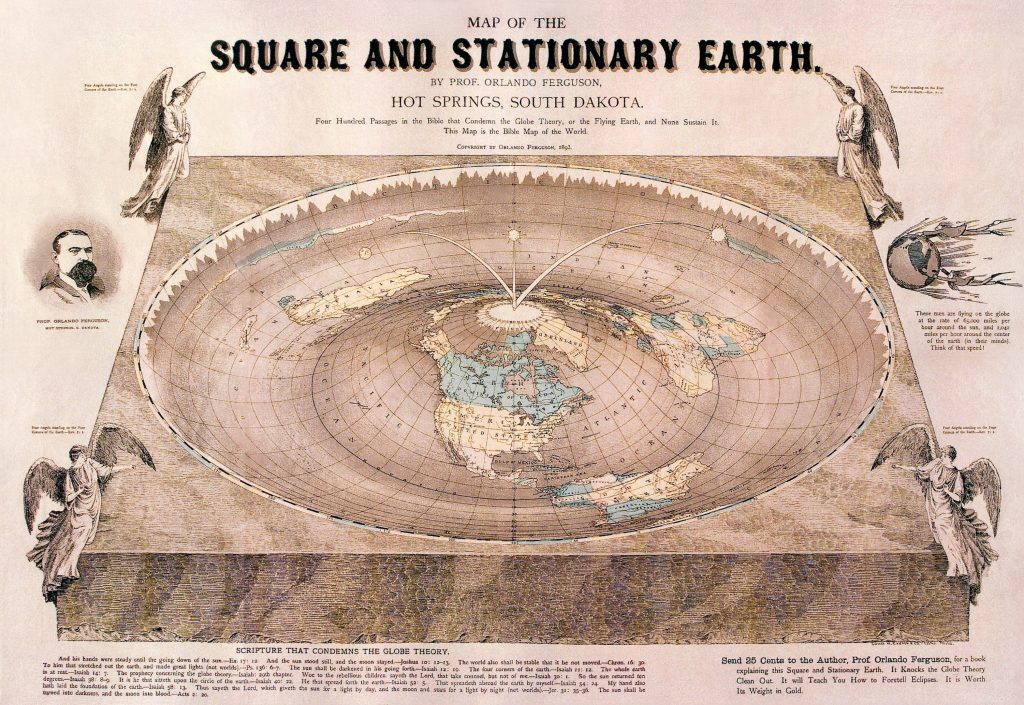
As I was preparing a guest contribution relating to the monthly theme of Sound Language & Lingo, I found myself thinking about hearing loss and how it relates to the spoken English language. I asked myself what a language might sound like were it created from scratch. What elements might be considered in its design? Perhaps efficiency in terms of speed, the ability to project with ease, no sibilance to account for hearing loss, distinct mouth movements to aid lip-reading, the ability to emote using factors such as volume, pitch and timbre, or perhaps lending those elements the ability to change the meaning of otherwise identical sounds.
As the mind often does when you allow it to wonder, it took a step back and asked why we so rarely question or analyze the fundamental components of our lives. I had never considered for instance that the language I use every day might not serve us as well as it could. That it surely does contain numerous quirks and oddities that come about when anything evolves though a Darwinian fashion without conscious, thoughtful, intelligent design behind it.
So my thought/question for this week is what might you be taking for granted, and what happens if you question it?
(watch this though the end of the first conversation)
Now this questioning question could extend to all aspects of your life, maybe even questioning your very existence and purpose. But to save a worldwide existential crisis within the audio community, I want to encourage you instead to just consider for now our niche little world of sound. And instead of questioning the “why” of what you do (which you should anyway), have a think about the “why” of how you do it.
My experience at music college involved a lot of “this is how you do x” without much of “this is why you do x in this way”. With a tiny bit of previous experimentation in Sibelius and Logic, I was essentially a blank slate, yearning for “the right way” to do something, “the professional way”, “the industry standard”. I was looking for workflows and practices to adopt, as opposed to create. I was looking for tools to be taught, rather than to explore.
Once I graduated, I started working for companies where I would be told not to question, but listen, learn, and adopt established practices. This is understandable and necessary when working with a team, but I feel one should always be encouraged to question, otherwise we risk continuing to speak a poorly evolved language that doesn’t best serve us or the content we’re helping to create.
You needn’t always act upon your line of questioning, and you’re certainly in the best place to ask questions once you’ve learned the “right way”, but question nonetheless I say.
So question…
Is sound the right tool here?
Why this tool for this purpose?
Why this environment for these tools?
Why this common approach for this common issue?
A great example of all this was made by Mick Gordon in his GDC talk this year about his approach when creating the soundtrack for Doom.
[perfectpullquote align=”full” cite=”Mick Gordon” link=”http://www.gdcvault.com/play/1024068/-DOOM-Behind-the” color=”” class=”” size=””]You cannot expect to end up with a different outcome, without changing the process. Change the process, change the outcome.[/perfectpullquote]
So when you find yourself taking something for granted, maybe it’s time to ask more questions… “a giant snowball of cupcakes and questions.”
You question language and hearing ability but at 76yo and loosing my hearing on one side, I found it’s not the language that is the problem. I speak several languages so i also have to listen to them being spoken but when hearing loss occurs it is not the language that is the problem but the people.
Men are the worst to hear because the have low voices and mumble a lot or speak without looking at the person. Woman tend to talk to fast and the (particularly) when I wear my hearing there voices are very thrill and hard to follow.
So, in my case changing the language ir not the most pressing problem.
Pieter.